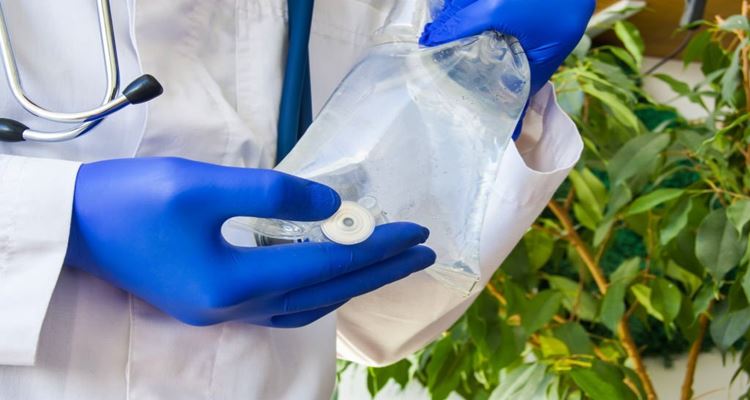ELECTROLYTE IMBALANCE CAUSES – These are the different factors and cases that can cause an imbalance in the body’s electrolyte levels.
To ensure that you get enough electrolytes, you must consume foods and drinks rich in electrolytes. Foods like spinach, turkey, potatoes, beans, avocados, oranges, and many others have electrolytes. But take note of these factors that can cause an electrolyte imbalance.
Electrolyte Imbalance – Signs, Causes, and Treatment
What is an electrolyte imbalance and what are the causes of this?
ELECTROLYTE IMBALANCE – Electrolytes play significant roles in several body functions and an imbalance might occur if you lose many body fluids.
Electrolytes are chloride, phosphate, potassium, sodium, magnesium, bicarbonate, and calcium. They are present in the blood, urine, and other bodily fluids.
Why are they important?
They carry out significant functions like regulating the body’s fluid levels, keeping blood PH in the normal range, allowing muscle contraction, transmitting messages, forming new tissues, and others.

Here are the types of imbalances:
| Electrolyte | Types Of High Imbalances | Types Of Low Imbalances |
| Sodium | Hypernatremia | Hyponatremia |
| Potassium | Hyperkalemia | Hypokalemia |
| Calcium | Hypercalcemia | Hypocalcemia |
| Chloride | Hyperchloremia | Hypochloremia |
| Magnesium | Hypermagnesemia | Hypomagnesemia |
| Phosphate | Hyperphosphatemia | Hypophosphatemia |
| Bicarbonate | Alkalosis (low alkaline base) | Acidosis (high acid levels) |
Here are some of its risk factors:
- Burns.
- Cancer.
- Cardiovascular disease, heart failure, or high blood pressure.
- Dehydration due to not drinking enough liquids or from excessive vomiting, diarrhea, sweating (hyperhidrosis), or fever.
- Overhydration or water intoxication (drinking too much water).
- Eating disorders.
- Kidney disease.
- Liver disease like cirrhosis.
- Substance use disorder.
According to a post from Cleveland Clinic, certain medications can also affect electrolyte levels like antibiotics, chemotherapy medicines, corticosteroids, diuretics, and laxatives.
Moreover, the signs are:
- Confusion and irritability
- Diarrhea or constipation
- Fatigue
- Headaches
- Irregular or fast heart rate
- Muscle cramps, muscle spasms, or weakness
- Nausea and vomiting
- Numbness or tingling in limbs, fingers, and toes
The treatment of this condition would depend on what caused it. You may drink electrolyte drinks to replenish the loss or take an oral rehydration salt (ORS) solution. A severe imbalance may lead to coma, seizures, or sudden cardiac arrest.
To prevent this, make sure to keep yourself hydrated especially if you have suffered from prolonged diarrhea, vomiting, or sweating.
READ ALSO:
- Acne Scar Treatment – What To Do With Acne Scars?
- Electrolyte Drinks – What Are The Drinks High In Electrolytes?
What can you say about this? Let us know!

